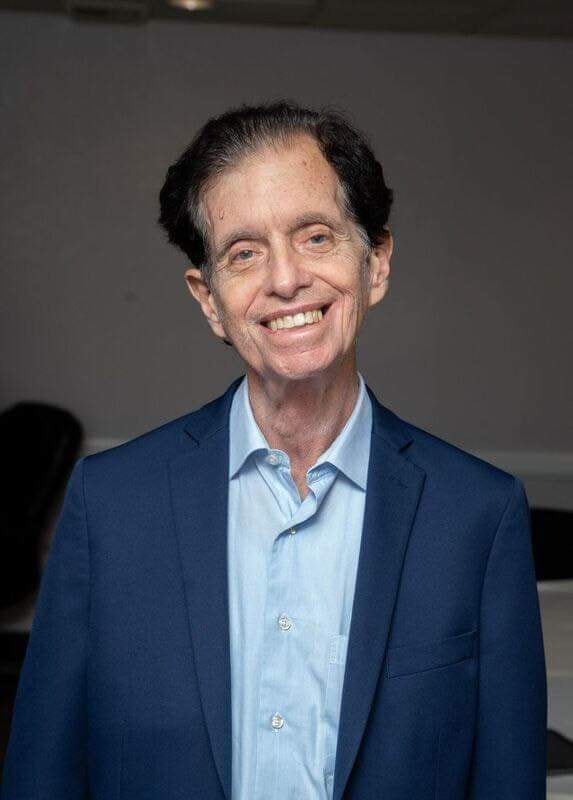“Imagined Communities: Thriving in the Pandemic and Beyond.”
- You delivered recently a virtual keynote on “imagined communities” and referenced Zoom as one of the most recent new imagined Communities due to Covid-19. Tell us more about it and what constitutes being an imagined community?
The late Benedict Anderson, a political scientist, coined the term “imagined communities.” He had been studying the relationship between literacy in the vernacular and the rise of nationalism. In his construct, it all goes back to Johannes Von Gutenberg, who invented the movable-type printing press in the 15th century and made it possible for many more people to read The Bible and other books in the vernacular. Anderson believed that the ability to get those books to a wide audience, made possible by this new technology, created a sort of communion that led people to imagine that others whom they didn’t know but who looked like them and spoke the same language were reading those books, too. That’s why it’s called an imagined community, because you are imagining that others whom you don’t know are doing the same things you are.
The European nations that Anderson was studying were imagined communities based on language and ethnicity. The original 13 states of the U.S. were an imagined community based in part on ideas that had taken root in the enlightenment. Some imagined communities have no borders. Take Wall Street. You could be a hedge fund trader in California and never set foot in New York; you’re definitively part of Wall Street. And take Hollywood. You could own a production company in Santa Monica, shoot movies in Burbank and never set foot in Hollywood; you are definitively part of Hollywood. A number of businesses have tried to start imagined communities among their customers. Apple, especially under Steve Jobs, was wildly successful at that. Customers would stand in line for hours to be among the first to purchase a new iPhone. The Star Wars franchise became an imagined community. The fans knew the characters and the story lines, chatted about them incessantly and camped out before each new film.
COVID-19 has produced a unique phenomenon. As more and more people participate in Zoom meetings while cloistered at home, they started using that technology to expand their networking. They participated in webinars, connected with people around the world who had similar interests and established new imagined communities. These communities are products of what Manuel Castells has called a network society. “a society in which the key social structures and activities are organized around electronically processed information systems.” People are discovering that they can establish new worldwide networks by going online and seeking out others with similar interests. This, of course, has been done ever since the internet was invented. But COVID-19 has driven more of us to do it more often.
2. What is your favorite Imagined Community and why?
That’s really hard to say. I like any imagined community in which I feel comfortable. If I feel that this is “my crowd,” I am more likely to stay. For example, I have been a journalist for most of my working career. If I visit a newsroom that is far from my home, I know the kinds of characters and personality types I’m going to meet there even before I walk through the door. That’s the essence of an imagined community: You may not know everyone personally, but you know who they are without meeting them. Fraternity men and sorority women may know only a fraction of their brothers and sisters around the world, but they feel deep kinships with them. That kinship, that sort of feeling of exclusivity, is central to imagined communities.
3. What do you do for your well-being in this Covid-19 Era?
I’m doing my best to keep my brain engaged while keeping my nose and mouth covered.

Jerry Edling is a writer and editor for KNX, the only all-news radio station in Los Angeles, and a former editor-in-chief of “”Public Diplomacy Magazine.” He has been nominated for three Emmy Awards and five Writers Guild Awards and has won three Associated Press Awards and two Golden Mike Awards. He holds a Master of Public Diplomacy degree from the University of Southern California.

